Featuring AiFi, Macy’s, and TalkShopLive: RTIH runs you through the week's coolest retail technology plays
RTIH Editor, Scott Thompson, brings you his top ‘future of retail’ systems launches and deployments from the past week, including robot food delivery services, autonomous stores, AI chatbots, and peer-to-peer resale platforms.
The University of Akron
The University of Akron has rolled out a robot food delivery service, covering its campus building and residence halls.
This is the result of a partnership between Starship Technologies, creator of the robots, Aramark, and The University of Akron.
Starship’s fleet of autonomous, on-demand robots will deliver from several campus eateries including: Starbucks, Qdoba, Panda Express, Auntie Anne’s and Freshens.
Students, faculty and staff can now use the firm’s app to order food and drinks from local retailers to be delivered for a fee. The service works in conjunction with the student meal plan, or individuals can pay by credit card on the app.
Starship is providing services to other campuses across the US, including Purdue University, James Madison University, University of Mississippi and Arizona State University.
Konzum
Konzum, a Croatian supermarket chain, has opened its first SMART store in Southeast Europe with AiFi’s AI powered autonomous store technology.
"This is just another step forward in the digitalisation of our business. The technology used for this concept of the store is based on computer vision for recognition,” says Jozo Džakula, Director of the Field of Informatics at Konzum.
“And the space is covered with 150 cameras thanks to which we can track which items the customer took from the shelf and charge only those that they took with them from the store. The goal was to provide customers with faster and easier purchases.”
Macy’s
Macy’s has launched mstylelab, a new engagement platform that, according to a press release, “journeys into the future of fashion merging the physical and digital realms to create cutting-edge experiences”.
This adds: “mstylelab aims to redefine fashion as a canvas for innovation, blending technology and immersive environments to empower discovery, self-expression, and connectivity.”
Accessible on any device, using any browser, the public is invited to join the community, create their usernames, collect a personalised digital item, and engage with the first activation, an immersive fashion experience built on the metaverse technology platform Journee.
“We are excited to launch mstylelab, the next evolution of our Web3 digital strategy, creating a hub for style inspiration and discovery at the intersection of fashion and technology,” says Dave Torres, Vice President of Interactive Marketing, Macy’s.
“As we grow and evolve the mstylelab digital platform and community, new activations and experiences will be brought to life creating immersive storytelling focused on fashion and style, in a fun and shoppable environment.”
Amazon
Amazon customers in the UK, Italy and an additional US city will have the option to get their packages delivered by a Prime Air drone beginning in late 2024.
Specific cities in the US and abroad will be named in the coming months.
David Carbon, Vice President of Amazon’s Prime Air, says: “As part of our continued efforts to innovate for customers, we are excited to announce the expansion of Prime Air delivery internationally, for the first time outside the US.”
“We have been delivering packages by drone for almost a year in California and in Texas. We have built a safe, reliable delivery service and have partnered very closely with regulators and communities.”
“We will continue with that collaboration into the future to ensure we are meeting the needs of our customers and the communities we serve.”
Prime Air is also unveiling a new MK30 drone design, which is said to be quieter, smaller, and lighter, than previous models.
Żabka Polska
Żabka Polska has announced new autonomous stores, powered by AiFi technology, at the campus of Medical University of Warsaw, the campus of Warsaw University for Life Sciences, and student dormitories at Basecamp Student.
In a LinkedIn post, Patryk Powierża, Head of Żabka Nano Growth, said: “We truly believe that autonomous stores can bring more convenience to the lives of our customers.”
“Thanks to this autonomous technology we can open our store in locations where traditional stores can’t appear.”
Glenn Faulkner, Solutions Architect at AiFi, said: “Żabka continues to showcase the flexibility and innovation that can be achieved with autonomous stores. Making sure to meet the customer where they are and when they need it.”
John Lewis
AI powered virtual try-on software firm, Zyler, has reported on its work on the fashion rental site of UK retailer John Lewis, which is powered by HURR.
A Try it On feature on said site taps Zyler’s technology.
Customers can see how an outfit looks on them online before they rent it. They upload a headshot and sizing information to try the outfit on virtually, from the comfort of their own home.
Key findings: over 30% of sales come from Zyler users; 16% of web visitors engage with Zyler; Average of 52 outfits viewed per user.
Dublin Airport
A new Dublin Town To Go store, powered by Zippin technology, has opened in T1 Arrivals at Dublin Airport.
People scan their payment card to enter and a combination of cameras and weight sensored shelving then detects what they’re buying and charges their card when they walk out.
The store, the first of its kind to open to the general public in Ireland, sells a range of goods to meet the needs of both departing and arriving passengers and also those waiting to welcome people in Arrivals, including coffee, pastries, sandwiches, salads, sweets, cereal, milk and toiletries.
Bayer Consumer Health UK
Bayer Consumer Health UK, in partnership with Zappar, has introduced a new Accessible QR code (AQR) on its Canescool Soothing Gel Cream product packaging to help those who are blind or partially sighted.
Canescool is the world’s first women’s intimate health brand to adopt AQR codes on its product packaging.
Mike Knowland, Cluster Lead Northern Europe including the UK & Ireland, comments: “This digitally inclusive transformation is a major step change for us as well as the whole healthcare category.”
“The enhanced QR code improves access to important product information for consumers during their shopping journey.”
“It is the start of our ambition to add Accessible QR codes onto more of our product packaging across the consumer health portfolio, so that we continue to meet our company vision of ‘health for all’ and empower more people to find it easier to self-care – a vital societal sustainability pillar of ours.”
Maje
Maje has introduced an in-house peer-to-peer resale platform, Maje Secondhand, in the USA.
In partnership with Archive, this gives customers the ability to list their preloved Maje pieces alongside past season clothing. Clients can either receive Maje credit to use online, or cash, in return for their archive pieces.
The brand will also sell a curated selection of pre-loved clothing in its flagship store in New York City for a limited period of time as part of the launch.
“We are thrilled to be launching Maje Secondhand in the United States, following the European launch last year,” says Paul Griffin, CEO and President at SMCP North America.
“This comes after the release of Maje Forward, our rental platform, and the Fairly Made global traceability programme. Circular fashion is ingrained in our DNA, and we look forward to Maje Secondhand being a part of our Dream Tomorrow commitment.”
TalkShopLive
Live commerce platform specialist, TalkShopLive, has announced the launch of its new Studio app.
This gives creators, entrepreneurs, brands, retailers, and publishers the ability to host live shopping shows from their mobile devices in HD.
The app features a built in broadcast studio that enables sellers to have a producer manage up to four participants simultaneously during a live show.
Sellers can highlight different products within the live shows, mirroring the same technology of the desktop platform. Those using the app can create shows and manage products, connect to their existing Shopify store, and view their show metrics whenever they choose.
Additionally, they can connect it to their Facebook accounts to simulcast their show using TalkShopLive’s Shoppable Simulcast technology.
Mara Hoffman
Sustainable luxury designer Mara Hoffman has released her first dress design using Circ Lyocell, a filament lyocell derived from 50% recycled textile waste.
Dubbed The Dress that Changes Everything, this collaboration marks the first time Circ Lyocell is being used in the luxury market. Hoffman has also announced her commitment to transitioning from virgin lyocell to Circ Lyocell in her collections over the next three years.
The dress features a note from Hoffman on a special sewn in label created by Circ investor Avery Dennison.
The Digital Care Label, powered by atma.io connected product cloud, is made of cutting scrap from the dress and contains a QR code individuals can scan to learn about the making of the dress, including its waste footprint.
Through the Digital Care Label, Mara Hoffman encourages dress owners to return the garment to the brand's retail store so that it can be sent back to Circ for recycling after its use.
"In 2015, we made a commitment to make sustainability our framework, and part of that journey has been to connect with like-minded people and organisations," says Hoffman.
Just Eat Takeaway.com
Just Eat Takeaway.com is launching an AI chatbot. Consumers who opt-in will be able to use the assistant to build and customise their orders through text and voice ordering.
The company says it will continue to develop this experience and plans to roll-out features that help people discover new partners, as well as offering personalised recommendations, delivering regular order updates and providing AI assistance for specific consumer questions.
This is first being tested in the UK, and the plan is to roll it out to other markets and in other languages.
Paradies Lagardère
Paradies Lagardère has deployed ARHT’s Capsule Hologram technology at The Goods Express@CLT store, situated in Charlotte Douglas International Airport, to provide shoppers with a virtual interactive associate.
The store also features Amazon's Just Walk Out technology.
In a LInkedIn post, Paradies Lagardère said: “Get ready for an interactive shopping experience like never before, where holographic displays meet seamless shopping. Introducing ARHT’s cutting-edge Capsule Hologram technology at The Goods Express@CLT store, featuring Amazon's Just Walk Out technology.”
“We are thrilled to be partnering with ARHT, Amazon, and CLT to take travel retail to a whole new dimension. Make sure to check it out post-security in the Main Terminal.”
Kingfisher
Last week at Google Cloud Next, Kingfisher shared the work it has been doing with AI and machine learning technologies.
Group Head of Data Science, Mohsen Ghasempour, discussed how the retailer is harnessing these innovations to improve the customer experience and power growth.
He introduced Athena, an AI orchestration framework which will manage how Kingfisher prompts and interacts with AI language models, as well as other AI tools developed in-house.
This is designed with advanced controls to ensure security and provide protection against sensitive or inappropriate content.
Tom Betts, Group Data Director at Kingfisher, says: “Athena will help us test and learn with these technologies even faster.”
Marks and Spencer
An M&S hackathon took place last week, with over 220 colleagues from across the retailer gathering in 22 teams, dedicating 24 hours to explore real life business opportunities during BEAM Academy’s bi-annual event.
M&S established the BEAM Academy in 2019. It’s an internal training programme based on the UK government’s Apprenticeship Levy scheme, which provides funding for on the job training, and in partnership with data science and AI education provider Cambridge Spark.
During the hackathon, 14 teams explored generative AI and the benefit it could bring to customers.
Others looked to elevate customer experiences by introducing personalised, healthy shopping suggestions and improved stock availability.
And there was also a visit from Co-CEO, Katie Bickerstaffe, and the one and only Colin the Caterpillar to inspire the teams.
The winning team was headed up by Clothing & Home Design Lead Luke Miller.
“Whilst spending time working in the Finsbury Pavement, London store, it was clear that there was a quicker way to get Clothing & Home products out on to the shopfloor for our customers,” he said.
“The hackathon was a really collaborative process that brought different skillsets from across the business, which was really powerful to experience. We were only a small team, but our win has proven that colleague ideas can make a big impact to our business.”


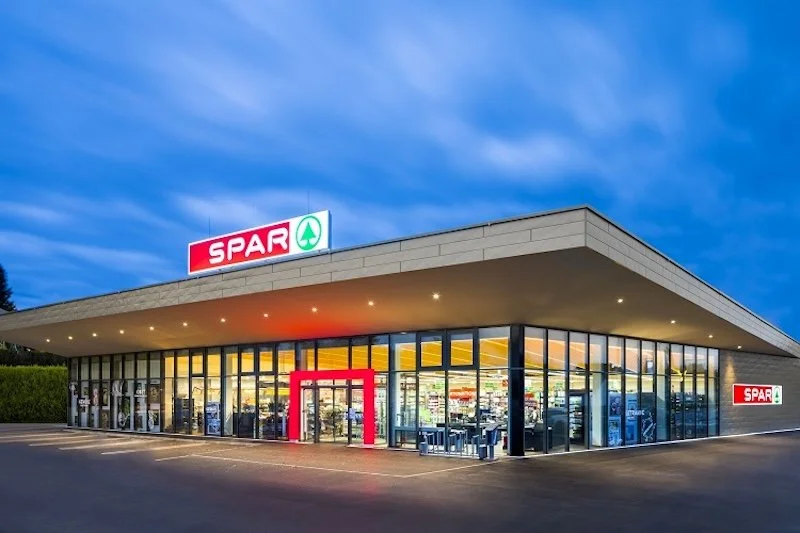
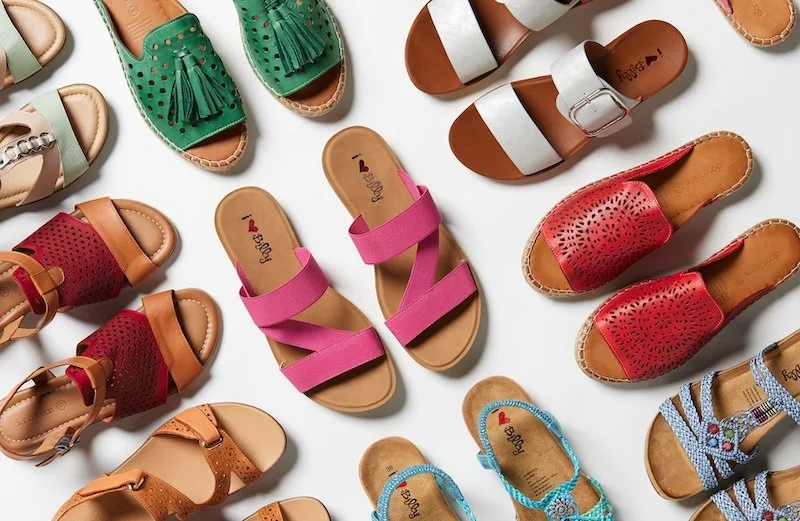
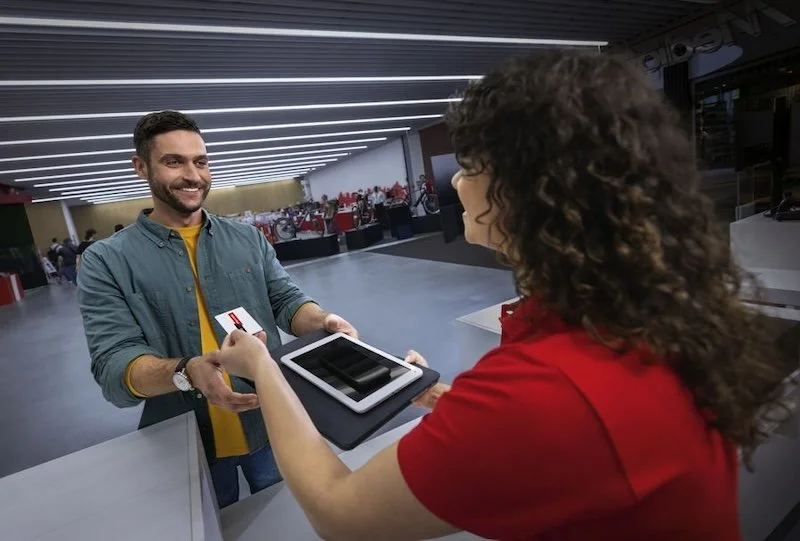
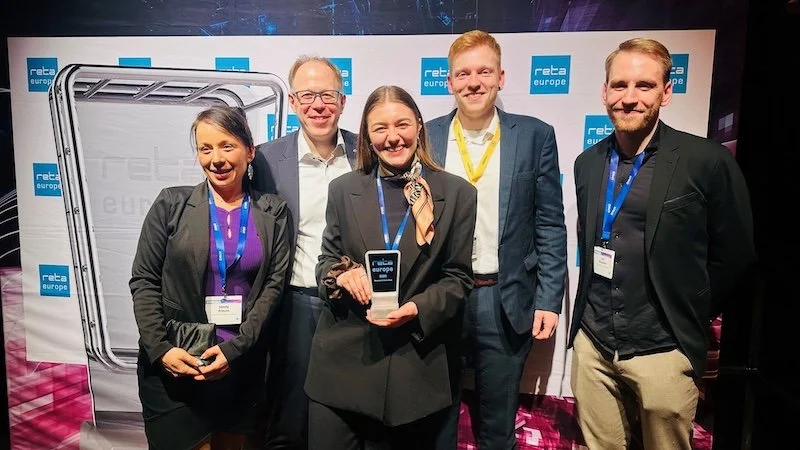



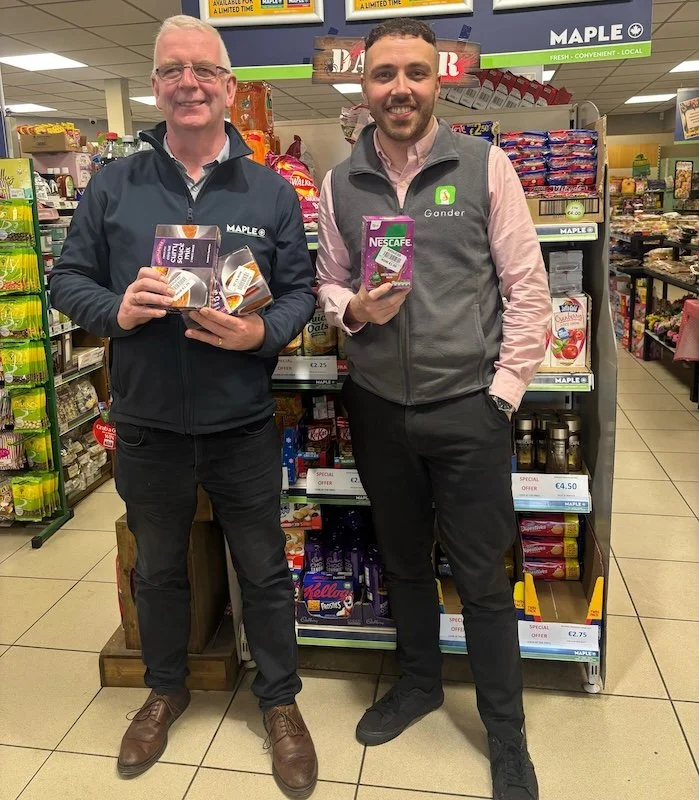

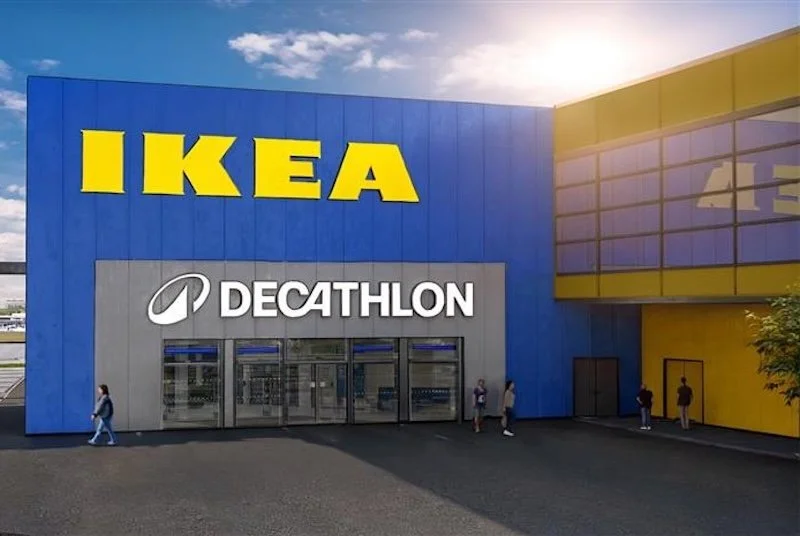

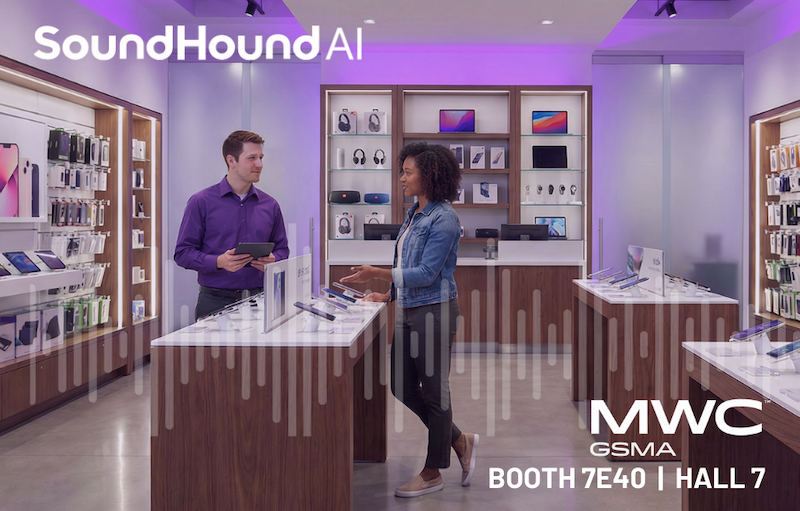

Continue reading…